what is linux? How to use linux?

1. What is linux?
01.Linux is a Unix-like operating system that is free to use and spread freely. It is a multi-user, multi-tasking operating system that supports multi-threading and multi-CPU.
02.Linux can be installed on a variety of computer hardware devices, such as mobile phones, tablets, routers, video game consoles, desktop computers, mainframes, and supercomputers.
03.Lnux There are many different Linux versions, but they all use the Linux kernel.
Founder Linus Torvalds Released on October 5, 1991!
2. What are the characteristics of Linux?
01. Free to use, open source!
02. Basic idea:
001. Everything is a file!
002. Every software has a definite purpose!
03. Multi-user, multi-tasking
Linux supports multiple users. Each user has its own special rights for its own file device, ensuring that each user does not affect each other. Multitasking is one of the most important features of today's computers. Linux can enable multiple programs to run simultaneously and independently.
04. Support multiple platforms
Linux is also an embedded operating system that can run on handheld computers, set-top boxes or game consoles.
3. What is the mainstream release version of Linux?
01. Hongqi is made in China!
02.CentOS is the most mainstream and free!
03.SuSe
04.redHat Commercial version! TOLL!
05.ubuntu Ordinary User
4. What are the advantages and disadvantages of Linux?
Advantages:
01. Stable performance
02. Higher security and quick bug fixes
03. Support multi-user multi-tasking
04. Complete user group Group policy
Disadvantages:
01. The graphical interface is not friendly
02. There is no specific manufacturer support
5. What is virtual software?
Virtual software: It is a system that can run two or more systems on one computer at the same time! Can simulate a standard PC environment! This environment is exactly the same as the real machine!
Commonly used virtual software:
01.VMare
02.VritualBox (mac)
6. What is the URL to download the centOS system and the download steps?
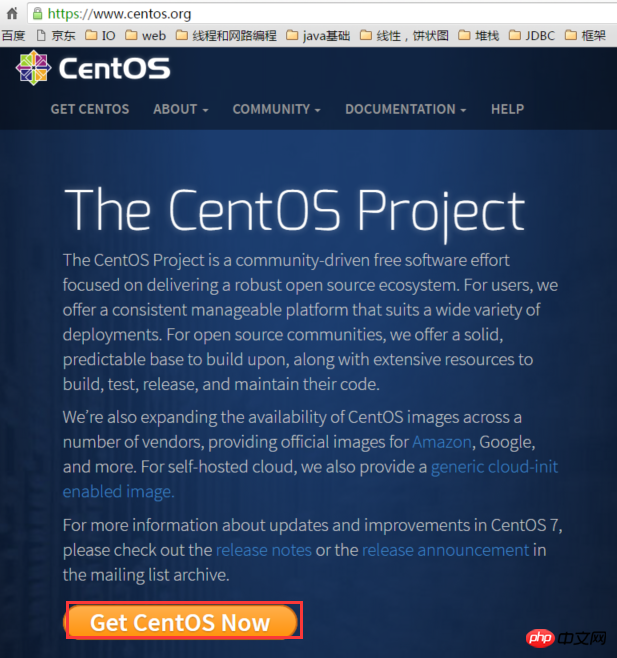

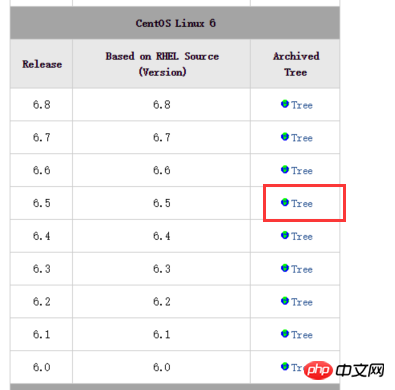
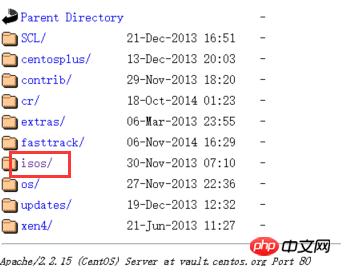

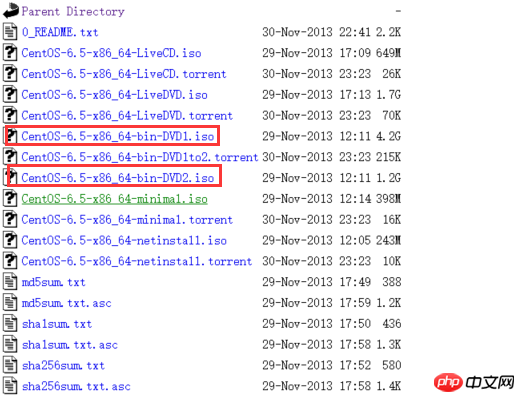
02. Configure the network after successful installation
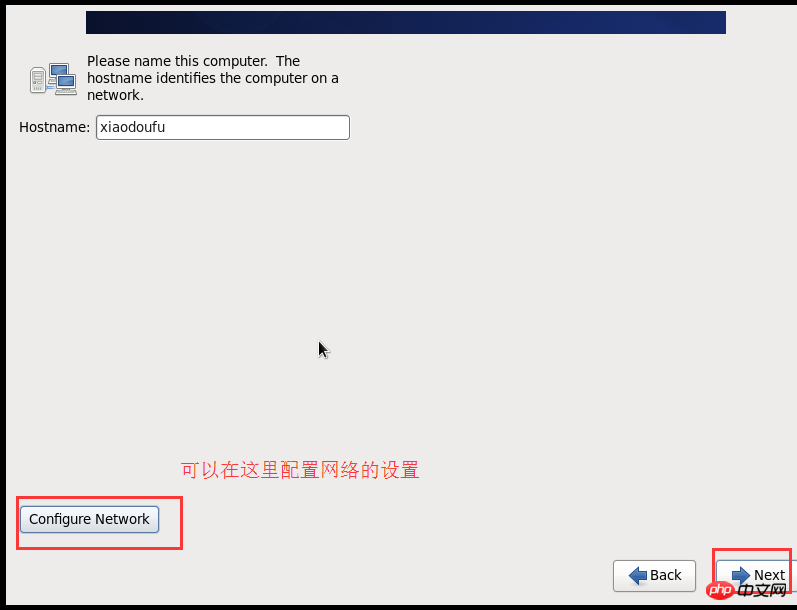
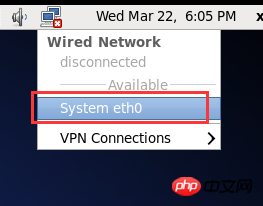
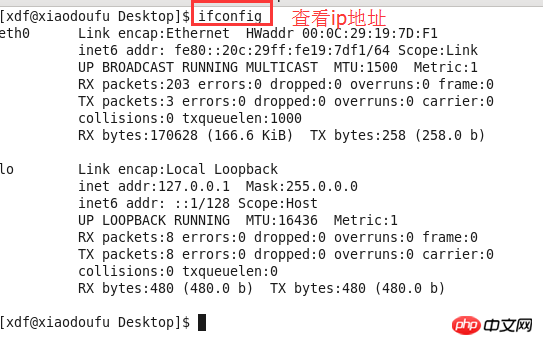 dhclient eth0 assigns an IP address
dhclient eth0 assigns an IP address
If eth0 is not displayed, use the command ifconfig -a to query all gateway information
As mentioned above, when the host name cannot be pinged: edit the /etc/hosts file
 Just configure your own host name. Note that you need to add spaces to the previous default configuration!
Just configure your own host name. Note that you need to add spaces to the previous default configuration!
Ping the host name again and the ping will succeed!
10. Why do you need to configure the host name and IP address correspondence configuration? 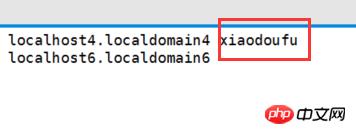
For example: How did we configure the url to connect to the database before? ? ?
Usually it’s an IP address!
If our server changes its IP address! Then our project also has to change its address! It’s not just a computer problem anymore! Is it troublesome?
Then when we connect to the server, we don’t need to configure the IP address!
At this time, use the corresponding relationship between the host name and IP address to configure!
11. Shut down and restart?
reboot: Restart Any user can use
The following commands are only available to the root user!
shutdown -r now: Shut down immediately
shutdown -r 10: After 10 minutes
shutdown -r 19:00: When the time is 19 o'clock
The above is the detailed content of what is linux? How to use linux?. For more information, please follow other related articles on the PHP Chinese website!

Hot AI Tools

Undresser.AI Undress
AI-powered app for creating realistic nude photos

AI Clothes Remover
Online AI tool for removing clothes from photos.

Undress AI Tool
Undress images for free

Clothoff.io
AI clothes remover

Video Face Swap
Swap faces in any video effortlessly with our completely free AI face swap tool!

Hot Article

Hot Tools

Notepad++7.3.1
Easy-to-use and free code editor

SublimeText3 Chinese version
Chinese version, very easy to use

Zend Studio 13.0.1
Powerful PHP integrated development environment

Dreamweaver CS6
Visual web development tools

SublimeText3 Mac version
God-level code editing software (SublimeText3)

Hot Topics
 What computer configuration is required for vscode
Apr 15, 2025 pm 09:48 PM
What computer configuration is required for vscode
Apr 15, 2025 pm 09:48 PM
VS Code system requirements: Operating system: Windows 10 and above, macOS 10.12 and above, Linux distribution processor: minimum 1.6 GHz, recommended 2.0 GHz and above memory: minimum 512 MB, recommended 4 GB and above storage space: minimum 250 MB, recommended 1 GB and above other requirements: stable network connection, Xorg/Wayland (Linux)
 Linux Architecture: Unveiling the 5 Basic Components
Apr 20, 2025 am 12:04 AM
Linux Architecture: Unveiling the 5 Basic Components
Apr 20, 2025 am 12:04 AM
The five basic components of the Linux system are: 1. Kernel, 2. System library, 3. System utilities, 4. Graphical user interface, 5. Applications. The kernel manages hardware resources, the system library provides precompiled functions, system utilities are used for system management, the GUI provides visual interaction, and applications use these components to implement functions.
 vscode terminal usage tutorial
Apr 15, 2025 pm 10:09 PM
vscode terminal usage tutorial
Apr 15, 2025 pm 10:09 PM
vscode built-in terminal is a development tool that allows running commands and scripts within the editor to simplify the development process. How to use vscode terminal: Open the terminal with the shortcut key (Ctrl/Cmd). Enter a command or run the script. Use hotkeys (such as Ctrl L to clear the terminal). Change the working directory (such as the cd command). Advanced features include debug mode, automatic code snippet completion, and interactive command history.
 How to check the warehouse address of git
Apr 17, 2025 pm 01:54 PM
How to check the warehouse address of git
Apr 17, 2025 pm 01:54 PM
To view the Git repository address, perform the following steps: 1. Open the command line and navigate to the repository directory; 2. Run the "git remote -v" command; 3. View the repository name in the output and its corresponding address.
 How to run java code in notepad
Apr 16, 2025 pm 07:39 PM
How to run java code in notepad
Apr 16, 2025 pm 07:39 PM
Although Notepad cannot run Java code directly, it can be achieved by using other tools: using the command line compiler (javac) to generate a bytecode file (filename.class). Use the Java interpreter (java) to interpret bytecode, execute the code, and output the result.
 Where to write code in vscode
Apr 15, 2025 pm 09:54 PM
Where to write code in vscode
Apr 15, 2025 pm 09:54 PM
Writing code in Visual Studio Code (VSCode) is simple and easy to use. Just install VSCode, create a project, select a language, create a file, write code, save and run it. The advantages of VSCode include cross-platform, free and open source, powerful features, rich extensions, and lightweight and fast.
 What is the main purpose of Linux?
Apr 16, 2025 am 12:19 AM
What is the main purpose of Linux?
Apr 16, 2025 am 12:19 AM
The main uses of Linux include: 1. Server operating system, 2. Embedded system, 3. Desktop operating system, 4. Development and testing environment. Linux excels in these areas, providing stability, security and efficient development tools.
 How to run sublime after writing the code
Apr 16, 2025 am 08:51 AM
How to run sublime after writing the code
Apr 16, 2025 am 08:51 AM
There are six ways to run code in Sublime: through hotkeys, menus, build systems, command lines, set default build systems, and custom build commands, and run individual files/projects by right-clicking on projects/files. The build system availability depends on the installation of Sublime Text.






